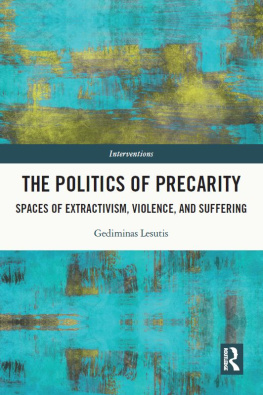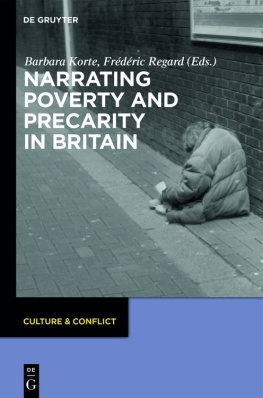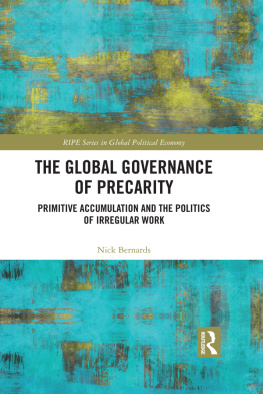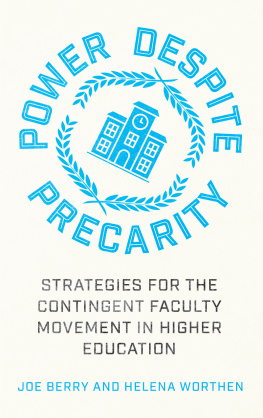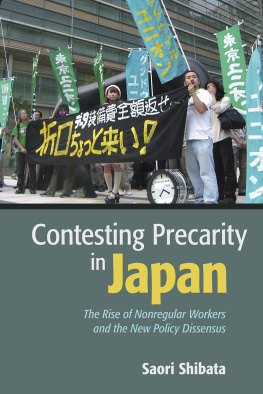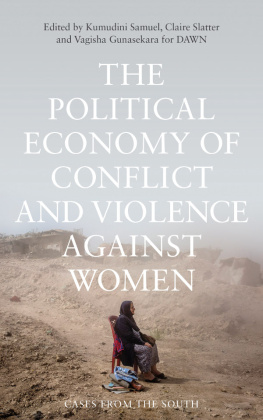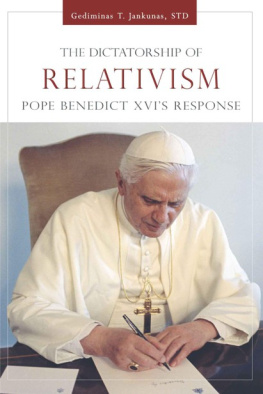This theoretically sophisticated and empirically rich book illustrates the blatant injustice of laying lives to waste and making precarity a condition of life only to serve the interests of global capital. The Politics of Precarity is a brilliant reflection on the violence of capitalist abstraction of space, destroying lived spaces and the lives of real people, rendering them redundant, dispossessed, and displaced. Exposing how the extraction of coal for global commodity markets depends on the destruction of local lives, Lesutis urges the reader to think politically about the violence inherent in such an economic order.
Mustafa Dike,
Professor of Urban Studies, Malm University, and author of Urban Rage and Space, Politics and Aesthetics.
This exceptionally clearly argued and elegant book exposes how capitalism-driven precarity simultaneously creates multidimensional poverty and produces imaginaries of capitalist development as the sole pathway to a better life. Approaching precarity in a highly original way as a configuration of space, violence, and politics, and starkly detailing its destructive real-life impact, the book deserves a wide, global readership beyond those interested in mining, Africa, or capitalism.
Bjrn Enge Bertelsen,
Professor of Social Anthropology, University of Bergen, and author of Violent Becomings.
Empirically rich and theoretically sophisticated, this is a very timely and hugely insightful intervention that very productively draws on a very significant body of ethnographic research from the epicentre of the extractive boom in contemporary Mozambique. It sheds new light on scholarly understandings of precarity, resistance, dispossession, and development, and is a must-read for scholars interested in these themes.
Marcus Power,
Professor of Human Geography, University of Durham, and author of Geopolitics and Development.
Gediminas Lesutis book exquisitely excavates how the politics of extractivism parallels the making of profound forms of exclusion and marginalisation. The precarity of everyday life in Cateme, Mozambique, and its embodied practices of violence, resistance, and liveability painfully demonstrate how precarious lives become constituted in contemporary global politics, and mirror what is unfolding in other parts of the world. The book is key reading for those concerned with how geographies of extractive capitalism produce precarity and what can be done about it.
Erik Swyngedouw,
Professor of Human Geography, University of Manchester, and author of Promises of the Political and Liquid Power.
Lesutis has written a theoretically sophisticated, empirically rich, and politically passionate account of life in a mining province in Mozambique. He uses locals accounts of precarity to explore broader questions of violence, resistance, and liveability in the modern capitalist era providing a powerful example of how apparently marginal African experiences can help us understand the core questions of international politics and capital.
Julia Gallagher,
Professor of African Politics, SOAS, University of London, and author of Zimbabwes International Relations.
Gediminas Lesutis book provides a fresh and innovative contribution to current theoretical engagements with precarity politics and space through an empirically rich examination of the extractive mining industry in Mozambique. His thoughtful insights elucidate the intricacies of human and environmental precarity. A must read for students and scholars interested in understanding the complex politics of violence, human precarity, and environmental harm endemic to extractive capitalism.
Jennifer L. Fluri,
Professor of Human Geography, University of Colorado-Boulder, and co-author of Carpetbaggers of Kabul and Other American Afghan Entanglements.
The Politics of Precarity
Based on critical theory and ethnographic research, this book explores how intensifying geographies of extractive capitalism shape human lives and transformative politics in marginal areas of the global economy.
Engaging the work of Judith Butler, Henri Lefebvre, and Jacques Rancire with ethnographic research on social and political effects of mining-induced dispossession in Mozambique, in the book, Lesutis theorises how precarity unfolds as a spatially constituted condition of everyday life given over to the violence of capital. Going beyond labour relations, or governance of life in liberal democracies, that are typically explored in the literature on precarity, the book shows how dispossessed people are subjected to structural, symbolic, and direct modalities of violence; this simultaneously constitutes their suffering and ceaseless desire, however implausible, to be included in abstract space of extractivism. As a result, despite the multifarious violence that it engenders, extractive capital accumulation is sustained even in the margins, historically excluded from contingently lived imaginaries of a good life promised by capitalism.
Presenting this theorisation of precarity as a framework on, and a critique of, the contemporary politics of (un)liveability, the book speaks to key debates about precarity, dispossession, resistance, extractivism, and development in several disciplines, especially political geography, IPE, global politics, and critical theory. It will also be of interest to scholars in development studies, critical political economy, and African politics.
Gediminas Lesutis is a Research Associate at the University of Cambridge and a Research Fellow at Darwin College, the United Kingdom, and an incoming Marie Curie Research Fellow at the University of Amsterdam, the Netherlands. His research is in the areas of political geography and global political economy, particularly in regard to everyday life, dispossession, extractivism, mega-infrastructures, bio- and necro-political power, and the politics of development across Sub-Saharan Africa. Gediminas has published peer-reviewed research articles in African Affairs, Geoforum, Political Geography, Urban Geography, Transactions of the Institute of British Geographers, and others.
Interventions
The Series provides a forum for innovative and interdisciplinary work that engages with alternative critical, post-structural, feminist, postcolonial, psychoanalytic and cultural approaches to international relations and global politics. In our first 5 years we have published 60 volumes.
We aim to advance understanding of the key areas in which scholars working within broad critical post-structural traditions have chosen to make their interventions, and to present innovative analyses of important topics. Titles in the series engage with critical thinkers in philosophy, sociology, politics and other disciplines and provide situated historical, empirical and textual studies in international politics.
We are very happy to discuss your ideas at any stage of the project: just contact us for advice or proposal guidelines. Proposals should be submitted directly to the Series Editors:
As Michel Foucault has famously stated, knowledge is not made for understanding; it is made for cutting In this spirit The Edkins - Vaughan-Williams Interventions series solicits cutting edge, critical works that challenge mainstream understandings in international relations. It is the best place to contribute post disciplinary works that think rather than merely recognize and affirm the world recycled in IRs traditional geopolitical imaginary.
The International Organization for Migration in North Africa

